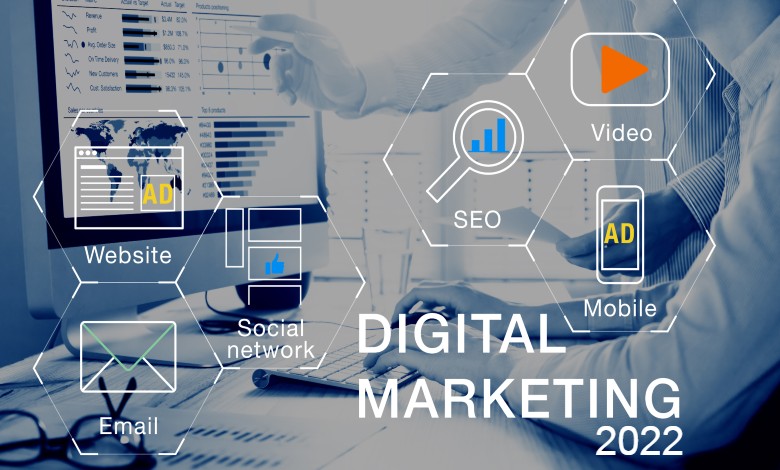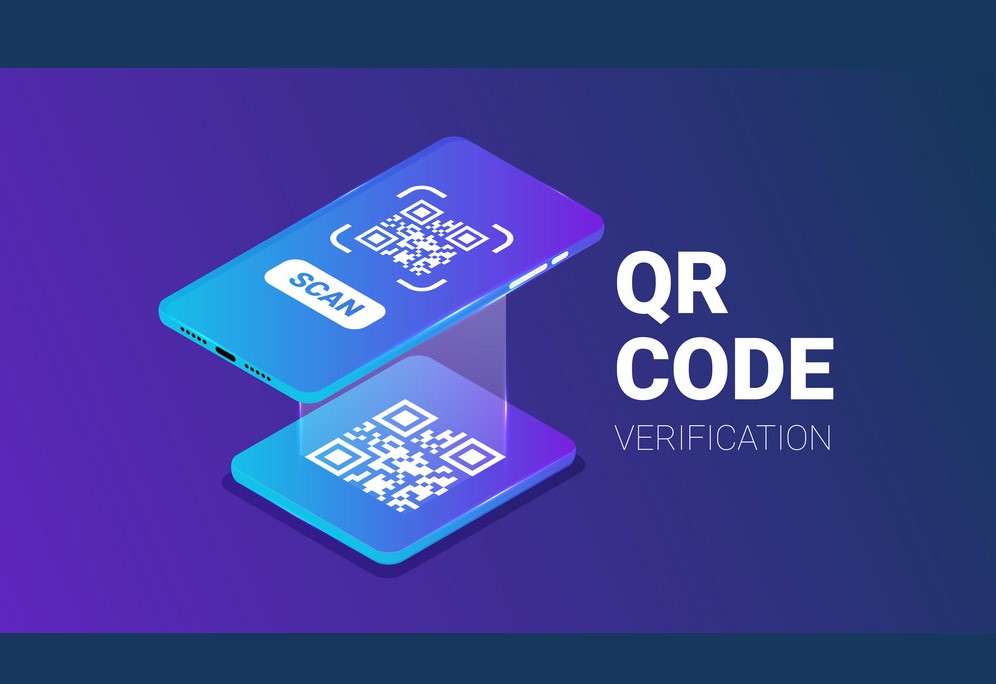Introduction
In today’s digital landscape, influencer marketing has emerged as a powerful strategy for brands to connect with their target audience and drive business growth. With the rise of social media platforms and the increasing influence of online content creators, influencer marketing has become a key element of many marketing campaigns. In this blog post, we will explore the new wave of influencer marketing in 2023 and the various trends and strategies that are shaping the industry.
II. The Evolution of Influencer Marketing
A. Traditional influencer marketing methods
When we think of influencer marketing, traditional methods such as celebrity endorsements and social media collaborations come to mind. Celebrity endorsements have been a longstanding approach, where brands partner with well-known personalities to promote their products or services. Similarly, social media collaborations involve partnering with popular influencers to create sponsored content that reaches a wider audience.
B. Rise of micro-influencers and nano-influencers
In recent years, a shift has been observed towards working with micro-influencers and nano-influencers. Micro-influencers are people with smaller but very active followings; their numbers often range from 1,000 to 100,000. Nano-influencers, on the other hand, have an even smaller following but possess a highly targeted and niche audience. These influencers often have a deep connection with their followers, leading to higher levels of trust and engagement.
Working with micro-influencers and nano-influencers has several benefits. Firstly, they are more affordable compared to traditional influencers, making influencer marketing accessible to businesses with smaller budgets. Secondly, they offer higher engagement rates as their followers perceive them as relatable and authentic. Finally, collaborating with micro-influencers and nano-influencers allows brands to tap into niche markets and target specific demographics.
III. The Impact of Artificial Intelligence on Influencer Marketing
A. AI-powered influencer identification and selection
Artificial Intelligence (AI) is revolutionizing the influencer marketing landscape by providing brands with advanced tools for influencer identification and selection. Data analytics plays a crucial role in this process, allowing brands to analyze large volumes of data to identify the right influencers for their campaigns. AI algorithms can analyze factors such as engagement rates, audience demographics, and content relevance to determine the most suitable influencers.
Another area where AI is having a big impact is automation. Influencer outreach and campaign management can be time-consuming tasks, but AI-powered platforms streamline these processes. Automated tools can handle tasks such as outreach emails, contract management, and campaign tracking, saving marketers valuable time and resources.
B. AI-generated content and deepfake technology
Advancements in AI technology have also led to the development of AI-generated content, raising both excitement and concerns in the influencer marketing industry. AI-generated content refers to content that is created using artificial intelligence algorithms, ranging from text generation to image and video creation. This technology has the potential to streamline content creation and enhance efficiency in influencer campaigns.
However, the rise of AI-generated content also raises ethical considerations, particularly in relation to deepfake technology. Deepfakes are synthetic media where a person’s likeness is superimposed onto another person’s body or used to create entirely fictional characters. While deepfake technology has potential applications in influencer marketing, there are concerns about its misuse and the implications for trust and authenticity.
IV. The Role of Authenticity and Transparency in Influencer Marketing
A. Importance of authentic influencer-brand partnerships
Authenticity is a key factor in influencer marketing success. Today’s consumers are increasingly wary of traditional advertising and seek genuine connections with brands. Authentic influencer-brand partnerships can build trust and credibility with the audience, leading to stronger brand loyalty and advocacy.
Successful authentic influencer campaigns often involve influencers who genuinely align with the brand’s values and are passionate about the products or services they promote. These partnerships create more organic and relatable content that resonates with the audience on a deeper level. For example, a fitness brand collaborating with a fitness enthusiast influencer who genuinely uses their products will likely yield better results than a generic celebrity endorsement.
B. Emphasizing transparency and disclosure
Transparency and disclosure are critical aspects of influencer marketing to maintain trust and comply with regulations. Many countries have specific guidelines and regulations regarding sponsored content, requiring influencers to disclose their partnerships with brands. These disclosures help the audience differentiate between genuine recommendations and sponsored endorsements.
In addition to legal requirements, there are best practices for transparent influencer marketing. Clear and conspicuous disclosure of sponsorship should be a priority in influencer campaigns. It can be done through simple statements such as “sponsored by” or using hashtags like #ad or #sponsored. Brands and influencers should collaborate to ensure transparent communication to the audience, reinforcing trust and credibility.
V. The Emergence of Niche and Diverse Influencers
A. Rise of niche influencer categories
As the influencer marketing industry matures, niche influencer categories are gaining prominence. Niche influencers focus on specific areas of interest, such as sustainable fashion, vegan cooking, or eco-friendly lifestyle. These influencers have smaller but highly engaged audiences that share a genuine interest in the niche topic.
Collaborating with niche influencers allows brands to target specific communities and connect with highly relevant audiences. For example, a skincare brand partnering with a niche influencer who specializes in natural skincare products can effectively reach a passionate and informed audience.
B. Promoting diversity in influencer marketing
Diversity and inclusivity are increasingly important considerations in influencer marketing. Brands are recognizing the importance of inclusive representation and are actively seeking out diverse influencers to collaborate with. Influencer marketing campaigns that feature a diverse range of individuals help brands connect with broader audiences and demonstrate their commitment to equality and representation.
Strategies for fostering diversity in influencer campaigns include actively seeking out influencers from underrepresented communities, ensuring diverse perspectives in content creation, and promoting inclusivity in messaging. By embracing diversity, brands can create more impactful and inclusive influencer campaigns that resonate with a wide range of consumers.
VI. The Integration of E-commerce and Influencer Marketing
A. Shoppable influencer content
The integration of e-commerce and influencer marketing has opened up new avenues for brands to drive sales and increase conversions. Shoppable influencer content refers to influencer-created content that directly links to products or services, allowing followers to make purchases with ease.
Social commerce platforms and features have made it possible for influencers to create shoppable posts, stories, and videos. By incorporating direct links or swipe-up features, influencers can seamlessly guide their followers to relevant product pages, making the purchasing process more convenient and frictionless.
B. Influencer-driven product launches and collaborations
In addition to shoppable content, brands are leveraging influencers for product launches and collaborations. By involving influencers in the product development process, brands can tap into their creativity and unique insights to co-create products that resonate with the target audience.
Influencer-driven product launches generate excitement and anticipation among the audience, leveraging the influencers’ loyal following and their ability to create buzz. From limited edition collections to signature collaborations, brands can capitalize on the influencer’s influence to drive product awareness, engagement, and ultimately, sales.
VII. The Future of Influencer Marketing: Challenges and Opportunities
A. Adapting to changing algorithms and platform policies
One of the ongoing challenges in influencer marketing is the ever-changing landscape of algorithms and platform policies. Social media platforms continuously update their algorithms, which can significantly impact the reach and visibility of influencer content.
To overcome these challenges, brands and influencers need to stay updated with platform policies and algorithm changes. They should adapt their strategies accordingly, such as diversifying their platforms, creating engaging content, and focusing on building genuine connections with their audience. Collaboration with influencers who have a multi-platform presence can also mitigate the risk of relying too heavily on a single platform.
B. Leveraging emerging technologies for influencer marketing
The future of influencer marketing holds immense potential with the integration of emerging technologies. Virtual reality (VR) and augmented reality (AR) are expected to play a significant role in influencer campaigns, providing immersive experiences for the audience. Influencers can create virtual try-on experiences, product demonstrations, or even virtual events to engage their followers in innovative ways.
Blockchain technology also holds promise for influencer marketing, addressing issues of transparency and trust. With blockchain, brands can verify the authenticity of an influencer’s reach and engagement metrics, ensuring a fair and transparent collaboration. Smart contracts powered by blockchain can streamline payment processes and ensure timely compensation for influencers.
Conclusion
The new wave of influencer marketing in 2023 is characterized by the evolution of strategies, the impact of artificial intelligence, the importance of authenticity and transparency, the rise of niche and diverse influencers, the integration of e-commerce, and the challenges and opportunities for the future. As brands continue to harness the power of influencer marketing, it is essential to stay updated with the latest trends and adapt to the dynamic nature of the digital landscape.
By embracing the changing dynamics and leveraging the right influencers, brands can forge meaningful connections with their target audience, drive brand awareness and loyalty, and ultimately achieve business success in the evolving world of influencer marketing.
FAQs
- What is influencer marketing?
Influencer marketing is a marketing strategy where brands collaborate with individuals who have a significant online following and influence over their audience. These influencers promote the brand’s products or services through various forms of content, such as social media posts, videos, blogs, or podcasts.
- Why is influencer marketing important?
Influencer marketing is important because it allows brands to reach their target audience in an authentic and relatable way. Influencers have established trust and credibility with their followers, making their recommendations more influential and impactful. It helps brands build brand awareness, increase engagement, and drive conversions.
- How can brands identify the right influencers for their campaigns?
Brands can use data analytics and AI-powered tools to identify the right influencers for their campaigns. By analyzing factors such as engagement rates, audience demographics, and content relevance, brands can find influencers who align with their target audience and brand values. Collaboration with influencers who have a genuine interest in the brand’s niche or industry yields better results.
- What are the ethical considerations of influencer marketing?
Ethical considerations in influencer marketing include transparency and disclosure of sponsored content. Influencers should clearly disclose their partnerships with brands to maintain transparency and ensure that their audience understands the nature of the content. Brands should also collaborate with influencers who genuinely believe in their products or services to avoid misleading their audience.
- How can influencers leverage emerging technologies?
Influencers can leverage emerging technologies such as virtual reality (VR) and augmented reality (AR) to provide immersive experiences for their audience. They can create virtual try-on experiences, product demonstrations, or even host virtual events to engage their followers. Additionally, influencers can benefit from blockchain technology for transparent collaborations, verifying metrics, and streamlining payment processes.



